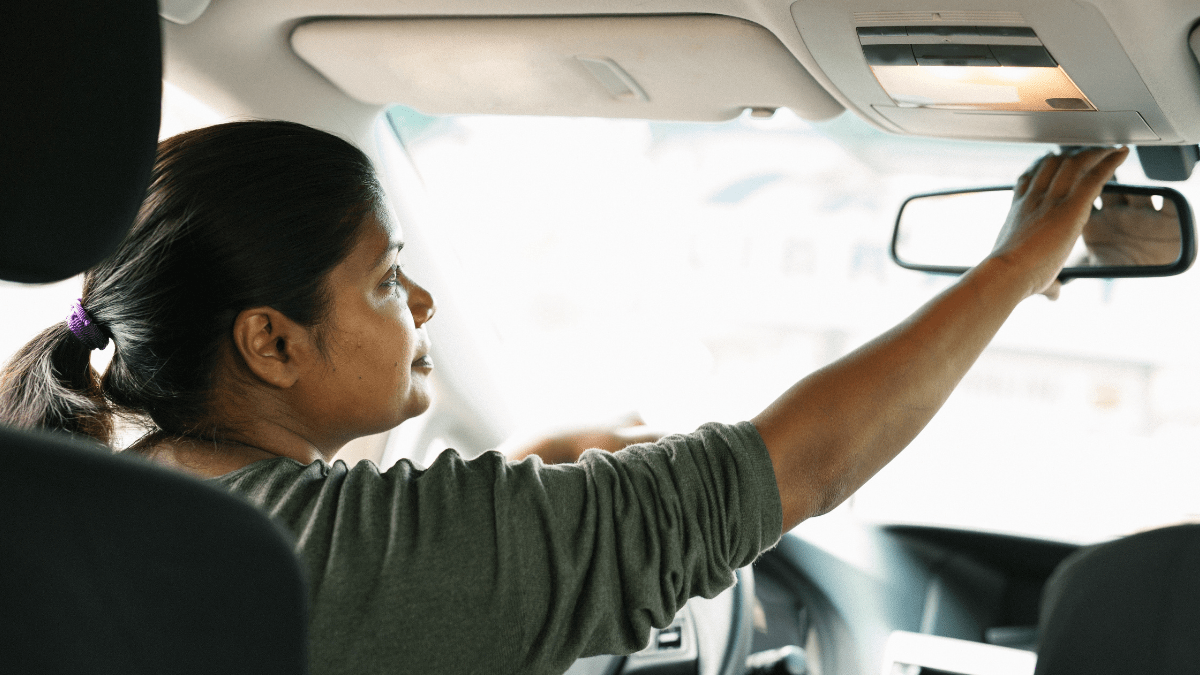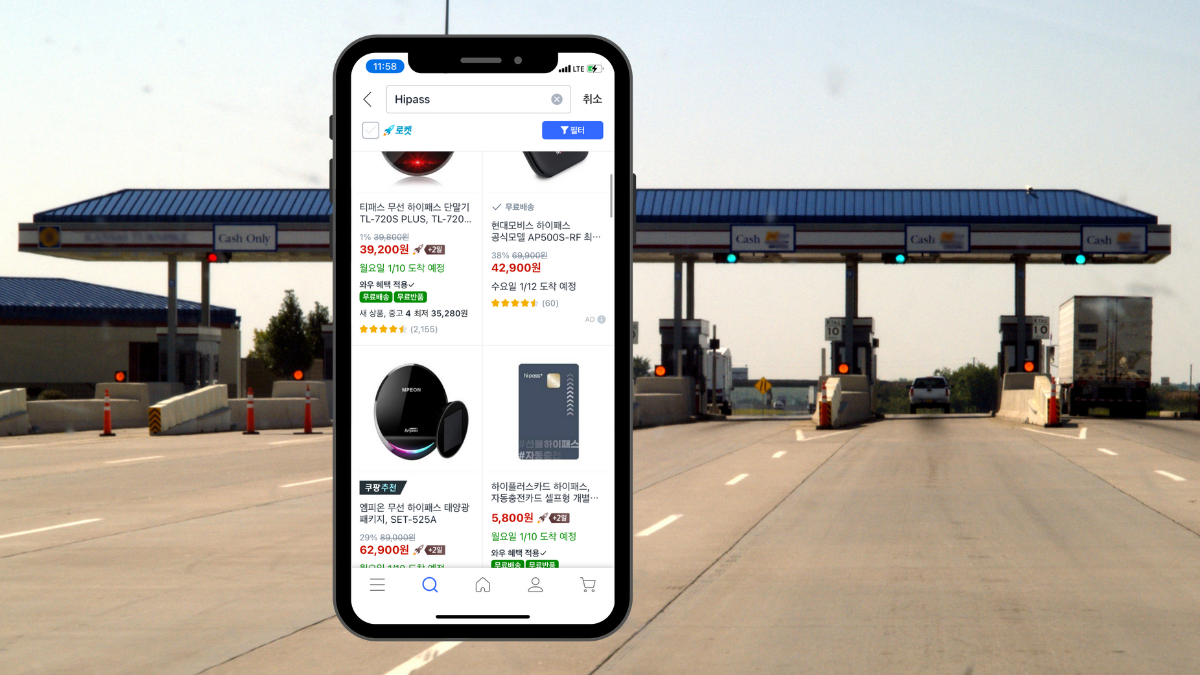
Tips for Parking in Pyeongtaek
Navigating parking in South Korea is a big challenge for newcomers, and Pyeongtaek-si is no exception. Whether you’re a long-term resident or a recent arrival, understanding the rules, both social and legal, is key to avoiding fines and ensuring smooth experiences. This guide will cover 5 foundational concepts regarding parking in Korea and a tip for each. These are concepts, not specifics. We cover specifics in other posts. Let’s get started.
About Parking in Pyeongtaek
Pyeongtaek-si has grown a great deal in the last 8 years. New neighborhoods continue to open every month. Finding parking may feel like a huge challenge with parking systems seemingly changing from neighborhood to neighborhood.
In many cases, we need to feel the parking vibes more than we need to know the parking rules. Therefore, having a few concepts and tips in our head for observing vibes in each neighborhood can help everyone roll with Pyeongtaek-si’s changes a little more fluidly. Also, these tips work across Korea.
5 Tips to Navigate Pyeongtaek-si’s Parking Culture
After many conversations with international residents about their parking stress, we put together six tips for understanding parking and going with the vibes in Pyeongtaek-si.
1. Understanding the Local Nuances of Parking
Parking in Pyeongtaek isn’t just about finding a legal spot; it’s about understanding the unwritten social rules. What might be acceptable in one district could be frowned upon in another, so it’s essential to stay informed about local parking regulations. As you move from one administrative district to another, the parking regulations and enforcement can vary significantly.
TIP: Always check signage and be mindful of differences between districts to avoid penalties. Also check local city websites.
2. Legal vs. Social Parking Practices
In South Korea, legal parking doesn’t always equate to acceptable parking. For example, a spot may be legal, but if it causes inconvenience to neighbors or businesses, it may lead to social friction. Being aware of these nuances is crucial to maintaining good relations within the community.
TIP: Always consider how your parking choices might affect those around you, even if you’re within your legal rights.
3. Parking Information: Language Barriers
Most parking signs and information will be in Korean, and while you might come across some English translations, they can often be confusing or misleading due to differences in language use. This makes it essential for foreigners to familiarize themselves with key Korean terms and signs related to parking.
TIP: Learning a few key phrases or using translation apps can help you navigate parking rules more efficiently. Also research parking information on Naver.
4. Unique Parking Systems in South Korea
In Pyeongtaek, and throughout South Korea, there are some parking customs that may seem unusual to foreigners. One of the most notable practices is leaving your phone number visible on the dashboard in the window in front of the driver. This allows other drivers to contact you if they need you to move your car or if you’re blocking access to a shared parking area.
TIP: This practice is a common courtesy and helps ensure that any parking issues can be quickly resolved without involving authorities. Be a cool kid and get a phone number sign for your window. They have them at Daiso.
5. Parking Challenges and Enforcement
Parking enforcement in Pyeongtaek is strict in some areas, particularly near commercial zones, U.S. military bases, and residential complexes. Unauthorized parking can result in fines or towing, so always pay attention to local restrictions. Additionally, keep in mind that parking spaces in South Korea tend to be narrower than those in many Western countries, so parking in compact spaces may require some adjustment.
TIP: Remember-It’s better to spend a little extra time finding an appropriate spot than risk penalties for parking violations. In Pyeongtaek-si, register online for CCTV parking alerts.
Final Freebie Tips for International Residents
- Always check local signs: Parking regulations can change from street to street.
- Familiarize yourself with the local customs: From leaving phone numbers visible to understanding local social norms, small acts of consideration go a long way.
- Use apps: Navigation and parking apps in Korea can help you find legal spots and avoid fines.
Conclusion
Parking in Pyeongtaek may seem daunting at first, but once you understand the local rules and customs, it becomes much easier. Whether you’re navigating different districts or trying to find a spot in a crowded area, being informed and courteous will make your experience smoother. By following both the legal and social rules of parking, you’ll avoid issues and integrate seamlessly into the local community.
Additional Parking Resources
Here are additional information resources for parking
Learn More About Living In Pyeongtaek-si
Thank you for reading this blog post! If you’re looking to learn more about integrating into life in Pyeongtaek-si, South Korea, we encourage you to attend our in-person classes or workshops hosted by the Pyeongtaek International Exchange Foundation (PIEF). These events are designed to help you navigate life here, from understanding local culture to practical tips for daily living.
Whether you’re a newcomer or a long-time resident, our classes offer valuable insights into the unique aspects of Pyeongtaek. You can also catch up on past sessions by visiting and following our Facebook Page, where you’ll find recordings of previous classes to watch at your convenience. Join us at PIEF and take the next step toward making the most of your experience in Pyeongtaek!


Pyeongtak Living 101 is a PIEF (Pyeongtaek International Exchange Foundation) Program that supports international residents living in Pyeongtaek-si, Gyeonggi-do. The program provides classes, workshops, and information to make integration into Korean life smoother.
The Pyeongtaek International Exchange Foundation (PIEF), established in 2014, is a key organization in promoting global exchange and fostering international relations in Pyeongtaek, South Korea. PIEF’s mission centers around enhancing cultural understanding and cooperation, especially with the United States Forces Korea (USFK), local foreign residents, and citizens of Pyeongtaek, with the goal of becoming a globally recognized city.
PIEF operates three main centers: the Paengseong International Community Center, Songtan International Community Center, and the Pyeongtaek English Education Center. These centers provide various services, such as language education, cultural programs, and support services for foreign residents. The foundation focuses on strengthening the ROK-US alliance through community-building events, cultural festivals, and educational programs that aim to integrate both locals and international residents. Additionally, PIEF facilitates programs to support foreign residents in Pyeongtaek by providing interpretation, legal and immigration counseling, and other resources to help them settle in Korea.
By organizing diverse programs, such as the Global Supporters and Global Citizenship Fostering initiatives, PIEF actively promotes cultural exchange and global citizenship among Pyeongtaek’s residents. The foundation also seeks to enhance the city’s global reach through collaborations with other cities worldwide and through public diplomacy initiatives, aiming to position Pyeongtaek as a leading international city in Korea.





